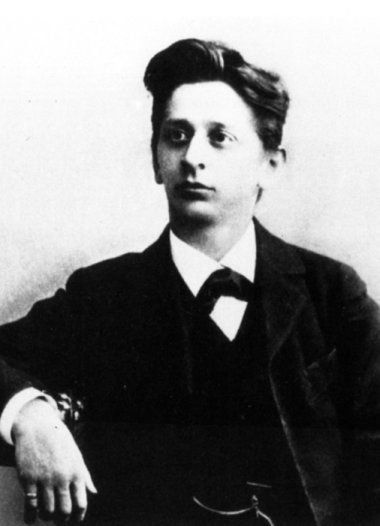
In December 2021, when I last caught Xian Zhang leading the Los Angeles Philharmonic, she expended a lot of energy to make the music move relentlessly forward. That highly physical style of conducting, with very busy arm motions, brought back memories of watching Georg Solti in action, though Zhang has a crisper beat than that of “The Screaming Skull,” the not-so-kind nickname given to Solti by some members of his orchestras.
Zhang has since journeyed upward in the ranks of American orchestras. This fall, the 52-year-old Chinese-born conductor is set to take over as music director of the Seattle Symphony, where her dynamism is already winning her fans. She returned to the podium at Walt Disney Concert Hall on Friday morning, Feb. 7 — energy intact and with adventure awaiting in a large-scale tone poem, The Mermaid, by the once-forgotten Austrian composer Alexander Zemlinsky.

In a sense, this work is part of a long streak of programming by the LA Phil over the last few months, starting with a mini-festival of Arnold Schoenberg in December, taking a side journey to Richard Strauss (Schoenberg’s contemporary) last week, and now continuing with Zemlinsky (Schoenberg’s brother-in-law). Things will switch back to Schoenberg with concerts Feb. 13–16 that feature his orchestral arrangement of Brahms’ Piano Quartet No. 1 before the orchestra ultimately embarks on its Mahler Grooves Festival later this month and next — Gustav Mahler being the fellow whom Alma Schindler married after dumping Zemlinsky. In other words, audiences have been getting an informal tour of music in fin-de-siècle Vienna, the period just before World War I put an end to the Austro-Hungarian Empire.
The Mermaid is the work that made a Zemlinsky convert out of Los Angeles Opera Music Director James Conlon, who first heard the piece on a car radio in Germany. Conlon has gone on to record nine albums of Zemlinsky’s music and put the composer at the center of his ongoing Recovered Voices campaign. Thanks to Conlon and a few other modern-day conductors, Zemlinsky has never had it so good.
Yet The Mermaid is still a rarity in the concert hall. Based on the Hans Christian Andersen fairy tale “The Little Mermaid,” the three-movement, 45-minute-long tone poem has great surface appeal, ripely ravishing orchestrations, passionate rhetoric, and smashing climaxes. There is also a fascinating possibility that Zemlinsky identified with the mermaid and poured his personal heartbreak into the music.
So what’s missing? It may be a shortage of truly memorable tunes that has kept this work relatively unheard — unlike so many similarly discursive, long-form tone poems by Strauss. Zemlinsky’s score tries, and Zhang proved to be a deft guide to the symphonic storyline, yet The Mermaid just misses the mark of a masterwork. Nevertheless, it’s refreshing to hear the piece played live.

Michael Abels’s 2021 work Emerge opened the concert with a burst of minimalist patterns from a string octet before the whole LA Phil brought things to a big climax followed by a series of unison proclamations. Abels, who has worked a lot in film scoring but may be best known in the classical world for his superb collaboration with Rhiannon Giddens on the opera Omar, has put together an appealing curtain-raiser that gathers its increasing energies into a succinct package.
Pianist George Li then took Tchaikovsky’s Piano Concerto No. 1 on a big, barnstorming trip. He slammed on the occasionally blurred octaves in the long first movement. He played the soft portions of the second movement as if in a trance, while treating the fleet prestissimo episode with devil-may-care lightness. He barreled through the finale at top speed. When not playing, he swayed side to side on the piano bench as Zhang and the orchestra kept the rhythms firm and the energy flowing. Yet Li’s finest work of the morning occurred in his encore, “Reflets dans l’eau” (Reflections in the water) from the first book of Claude Debussy’s Images. It was lovingly played, the runs and whole-tone scales streaked with varying colors.




